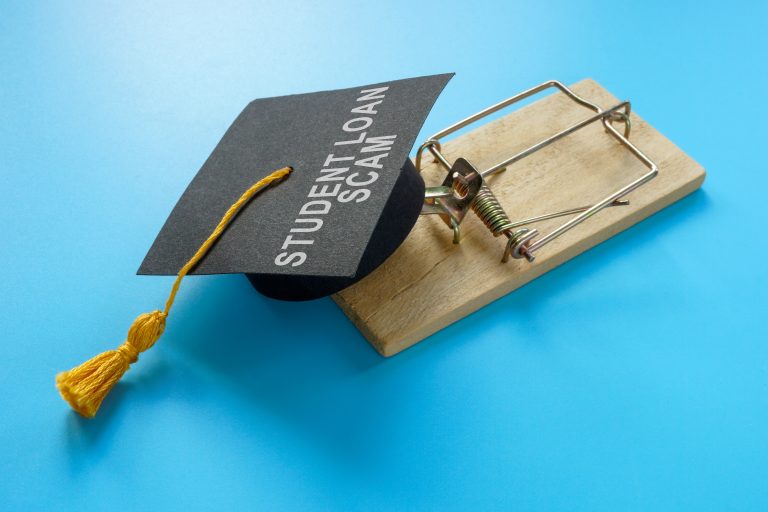As the 2024/25 academic year commences, the Student Loans Company (SLC) is urging students to remain vigilant against rising smishing scams targeting them during this critical period. With many students set to receive their first maintenance loan payments, the risk of fraud is heightened.
Franz Ostendorff, a representative from CasinoRevisor, highlights that scammers often exploit this time of year. “Scammers target students as they anticipate their first maintenance loan payment,” he said. The SLC expects to distribute approximately £2 billion to students over the autumn term, making it a prime time for fraudsters.
Last year, the SLC successfully intercepted £2.9 million in maintenance loan payments due to smishing and phishing scams, where students acted on false communications. Ostendorff explained that smishing involves fraud via text message, enticing students to click on links and complete various tasks, such as verifying bank details or providing personal information.
The SLC has clarified that it will never request personal or financial information through email or text. “It’s crucial for students to be extra cautious with any communication from the SLC during this period,” Ostendorff emphasized.
He offered several key pieces of advice for students beginning university. “Students should never click on links or provide information over the phone without first authenticating the email or call, no matter how legitimate they seem,” he advised.
Vigilance is particularly important around the time of expected loan payments. Students are encouraged to remain alert for suspicious emails, phone calls, or text messages. Importantly, the SLC and Student Finance England (SFE) will never initiate contact through platforms such as WhatsApp or social media, including Facebook, X (formerly Twitter), Instagram, or TikTok.
Ostendorff also warned that communications conveying a sense of urgency are often indicative of fraud. Students should check for signs of phishing, such as poor spelling, punctuation errors, and bad grammar, which are common in scam messages.
For any uncertain communications from SFE, Ostendorff advises students to log into their online accounts to verify the authenticity of the message. This simple step can help ensure they do not fall victim to fraud.
With the new term underway and significant financial transactions on the horizon, the SLC’s warning serves as a crucial reminder for students to stay alert. As they navigate their academic journey, remaining informed about potential scams can protect their finances and personal information.
As the landscape of digital communication continues to evolve, the SLC and related agencies are committed to educating students about the risks associated with scams, ensuring they have the knowledge needed to safeguard their loans and personal details.



